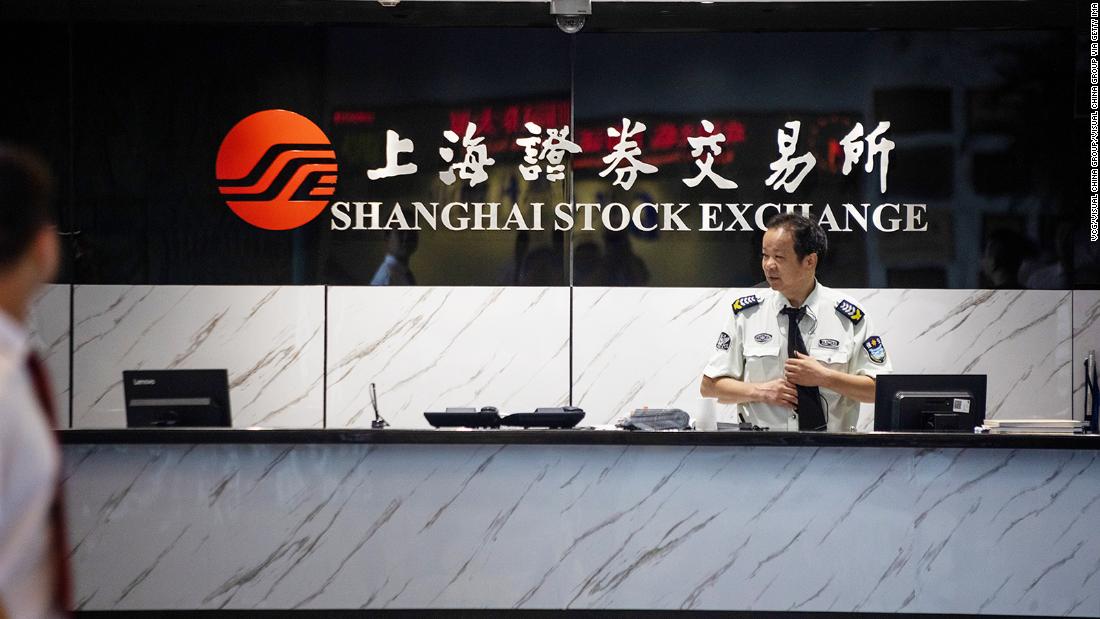
The Shanghai Composite (SHCOMP) advanced nearly 1.3% on the first trading day of 2020. Hong Kong's Hang Seng Index (HSI) gained 1%.
South Korea's Kospi (KOSPI), meanwhile, fell 1.1%. Japanese markets remained closed for the New Year holidays and will reopen next Monday.
The People's Bank of China announced Wednesday that it will once again reduce the amount of cash banks have to keep in reserve. It is cutting the reserve requirement ratio for most financial institutions by 50 basis points — the first time it has done so since September.
The move is one of many stimulus policies Beijing has been bombarding the economy with over the past few weeks. The cut, which takes effect January 6, could unleash more than 800 billion yuan ($115 billion) for long-term lending, the central bank said, adding that it should help support economic growth.
China's massive manufacturing industry, meanwhile, grew last month, albeit at a slower pace than in November, according to a closely watched private survey released Thursday.
The Caixin/Markit manufacturing purchasing managers index reached 51.5 in December, slightly lower than the 51.8 it recorded in November. It's the lowest reading since September, but still above the 50-point level indicating growth.
The important gauge missed the estimates of analysts polled by Reuters, who expected the reading to match November's level.
Official PMI data released earlier this week for December matched November's level of growth at 50.2, slightly above expectations.
The US-China trade war remains a focus, too. Earlier this week, US President Donald Trump said on Twitter that he would sign the initial trade deal with China on January 15 at the White House. He also said he would travel later to Beijing to start a new round of trade negotiations.
No comments:
Post a Comment